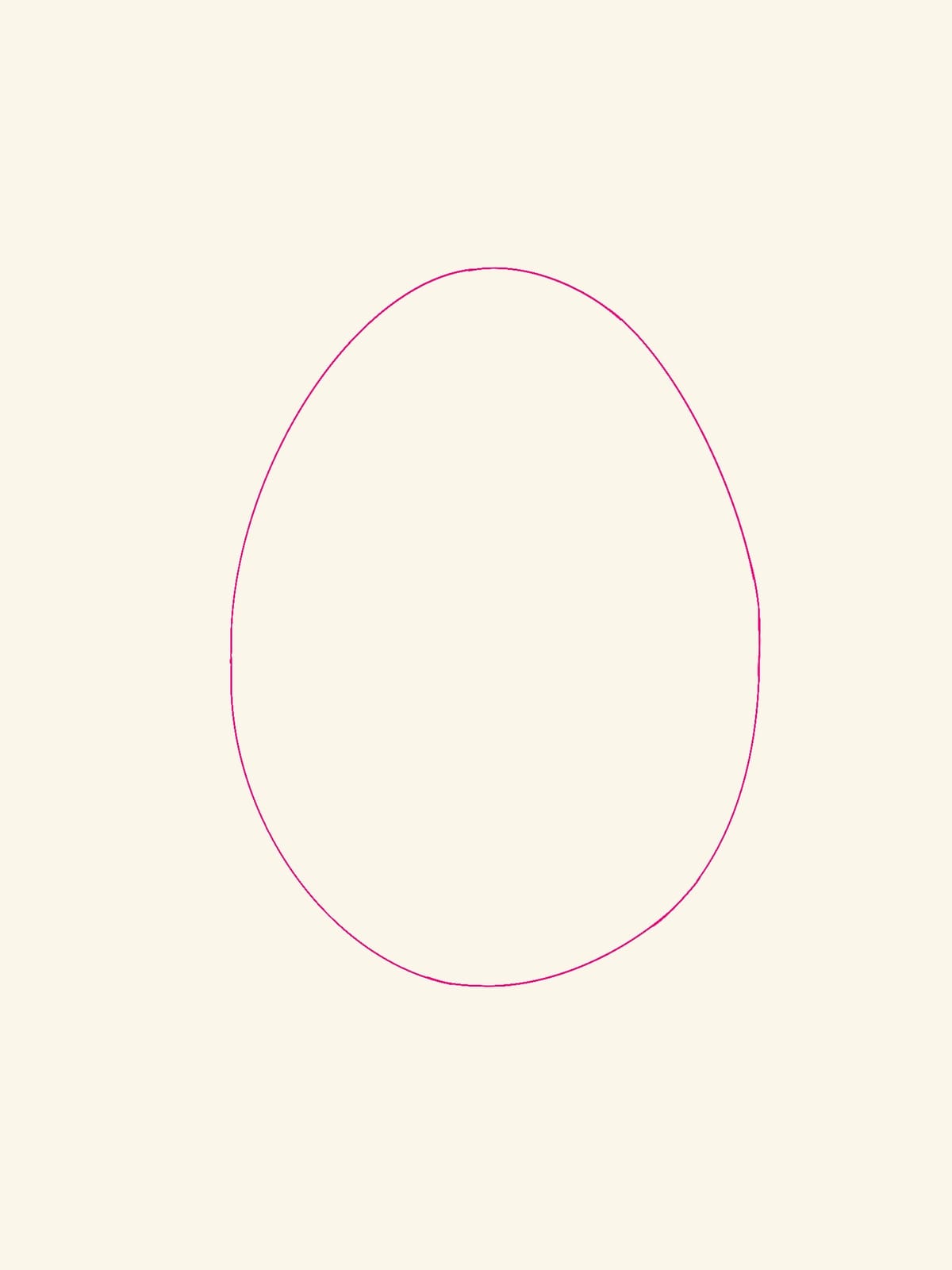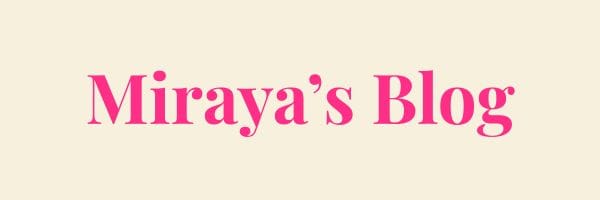A Review of ‘The Egg’ by Andy Weir

Reading Andy Weir’s The Egg makes you appreciate how such a short story could encompass such a big idea: the idea that all of humanity is really one soul, reincarnating endlessly until it is “ready” to hatch into something greater. On the surface, it’s a comforting thought experiment. It reframes cruelty as self-harm, kindness as self-love, and makes you see your enemies, friends, and strangers as fragments of yourself. But the more I sat with it, the more I saw both its brilliance and its limitations.
What really struck me is how much The Egg echoes ideas that already exist in different religions and philosophies. Hinduism and Buddhism, for example, both contain the concept of samsara (the endless cycle of rebirth) and the idea of ultimate liberation (moksha or nirvana). The story’s “you are everyone” twist feels like a modern echo of the Advaita Vedanta principle that the self (Atman) is not separate from the ultimate reality (Brahman). Similarly, the Buddhist teaching of interbeing, that everything is connected, and no self exists in isolation, parallels Weir’s framing of all humanity as one consciousness experiencing itself. Even Christianity often emphasises unity in God and the idea of “do unto others as you would have them do unto you,” which suddenly becomes literal in this universe.
It’s not a theology or even a complete philosophy, but it can reframe your day-to-day lens. Whether or not you buy into the idea, the emotional truth resonates: what if I treated the world as though everyone really were me? What would cruelty look like then? What would love look like?
The concept of interconnectedness is what makes the story so emotionally powerful. Imagine the worst things ever done in history- wars, genocides, cruelty- and realizing that, in Weir’s universe, you were both the victim and the perpetrator. That kind of radical empathy is overwhelming. It’s easy to see why people find comfort in the message: if you are everyone, then no death is final, no life wasted. It makes forgiveness not just possible, but inevitable.
But then come the loopholes. The nagging cracks that make me question whether The Egg’s metaphor truly holds up.
“This time around, you’ll be a Chinese peasant girl in 540 AD.”
“Wait, what?” You stammered. “You’re sending me back in time?”
“Well, I guess technically. Time, as you know it, only exists in your universe. Things are different where I come from.”
This idea sounds profound, yet it also unravels itself. If every soul is destined to live all possible lives, then my “choices” aren’t really mine. They’re fragments of an enormous pre-written script, authored, ironically, by me. Free will becomes an illusion; every action is predetermined, every role unavoidable.
If I am everyone, individuality begins to dissolve. If I am destined to be both victim and perpetrator, then justice becomes meaningless. Why refrain from evil if, in the end, I will suffer and inflict suffering either way?
Suppose I live as person A in one lifetime and as person B in another, and B punches A. Responsibility becomes blurred. Morality turns strange. If I punch A as B, I’ve essentially punched myself. Yet if I don’t, I’ll still experience that same pain when I live A’s life. God may exist outside of time, but within the universe of The Egg, we don’t. The only way this works is if all actions are fixed. If there’s nothing I can do to alter the course of this cosmic “egg process”, how can I ‘mature’ or ‘learn’?
In effect, The Egg collapses moral responsibility into a kind of cosmic inevitability; a vision so total that it risks undermining the very ethical awakening it seeks to inspire.
Despite it all, the story emphasises the idea that behind our differences, there’s an inescapable web of connectedness- whether spiritual, biological, or moral.
